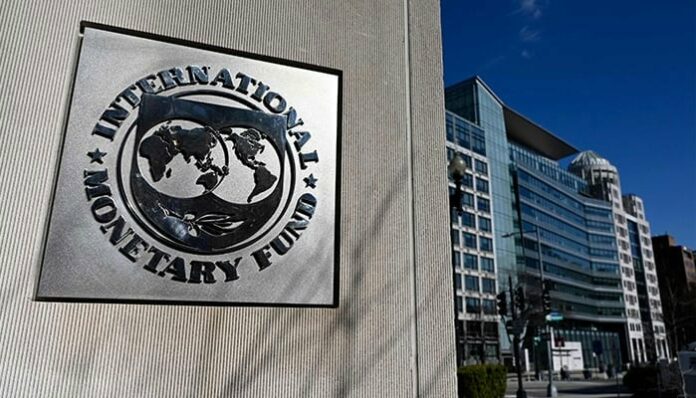The International Monetary Fund (IMF) has advised Nigerian Government on the need to take a crucial step by prioritizing the full implementation of its cash transfer policy to aid vulnerable households before taking on the task of revaluating the costly fuel and electricity subsidies.
According to the IMF, “the established social safety net programme, designed to disburse cash transfers to the poor and vulnerable, needs to be operational to its fullest capacity. This approach ensures that the economically vulnerable segments of the population remain shielded as the government contemplates adjustments to the existing fuel and electricity subsidy framework”.
IMF said in a statement following a recent Visit by an IMF team led by Axel Schimmelpfennig, the mission chief for Nigeria that the fiscal burden emanating from the current practice of subsidising fuel and electricity.
According to the statement, the continuation of capping fuel pump prices and electricity tariffs below their recovery costs could lead Nigeria to incur fiscal costs of up to 3% of its Gross Domestic Product (GDP) in 2024.
This visit, part of the 2024 Article IV Consultations, saw the team engage in discussions with key Nigerian officials in Lagos and Abuja from February 12 to February 23, 2024.
“Recent improvements in revenue collection and oil production are encouraging. Nigeria’s low revenue mobilization constrains the government’s ability to respond to shocks and to promote long-term development.
“Non-oil revenue collection improved by 0.8% of GDP in 2023, helped by naira depreciation. Oil production reached 1.65 million barrels per day in January as the result of enhanced security. The capping of fuel pump prices and electricity tariffs below cost recovery could have a fiscal cost of up to 3% of GDP in 2024.
“The recently approved targeted social safety net program that will provide cash transfers to vulnerable households needs to be fully implemented before the government can address costly, implicit fuel and electricity subsidies in a manner that will ensure low-income households are protected.”



Thank you for your sharing. I am worried that I lack creative ideas. It is your article that makes me full of hope. Thank you. But, I have a question, can you help me?
I don’t think the title of your article matches the content lol. Just kidding, mainly because I had some doubts after reading the article.